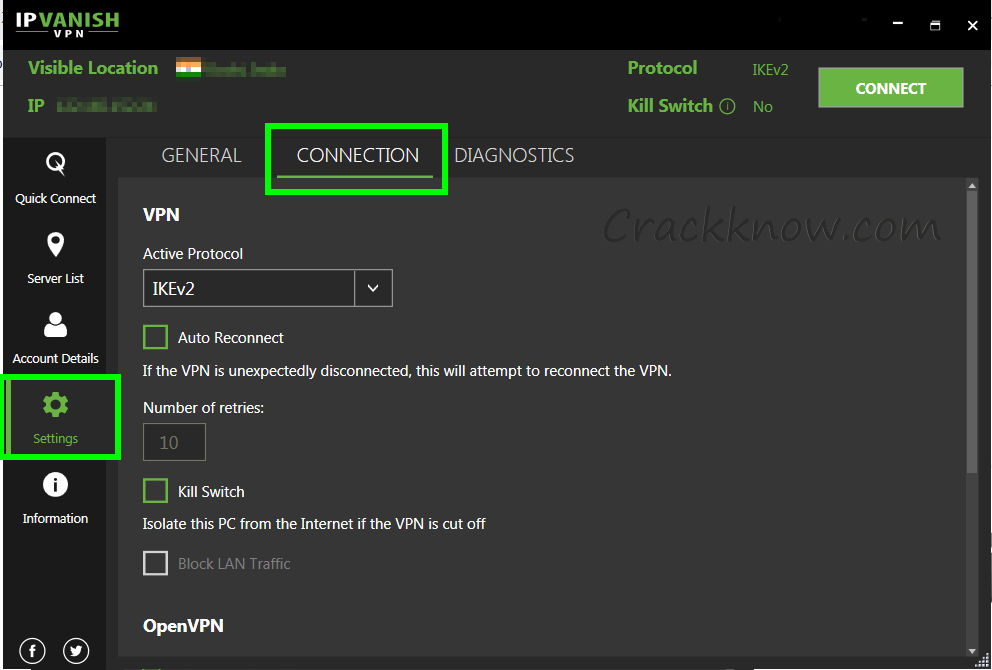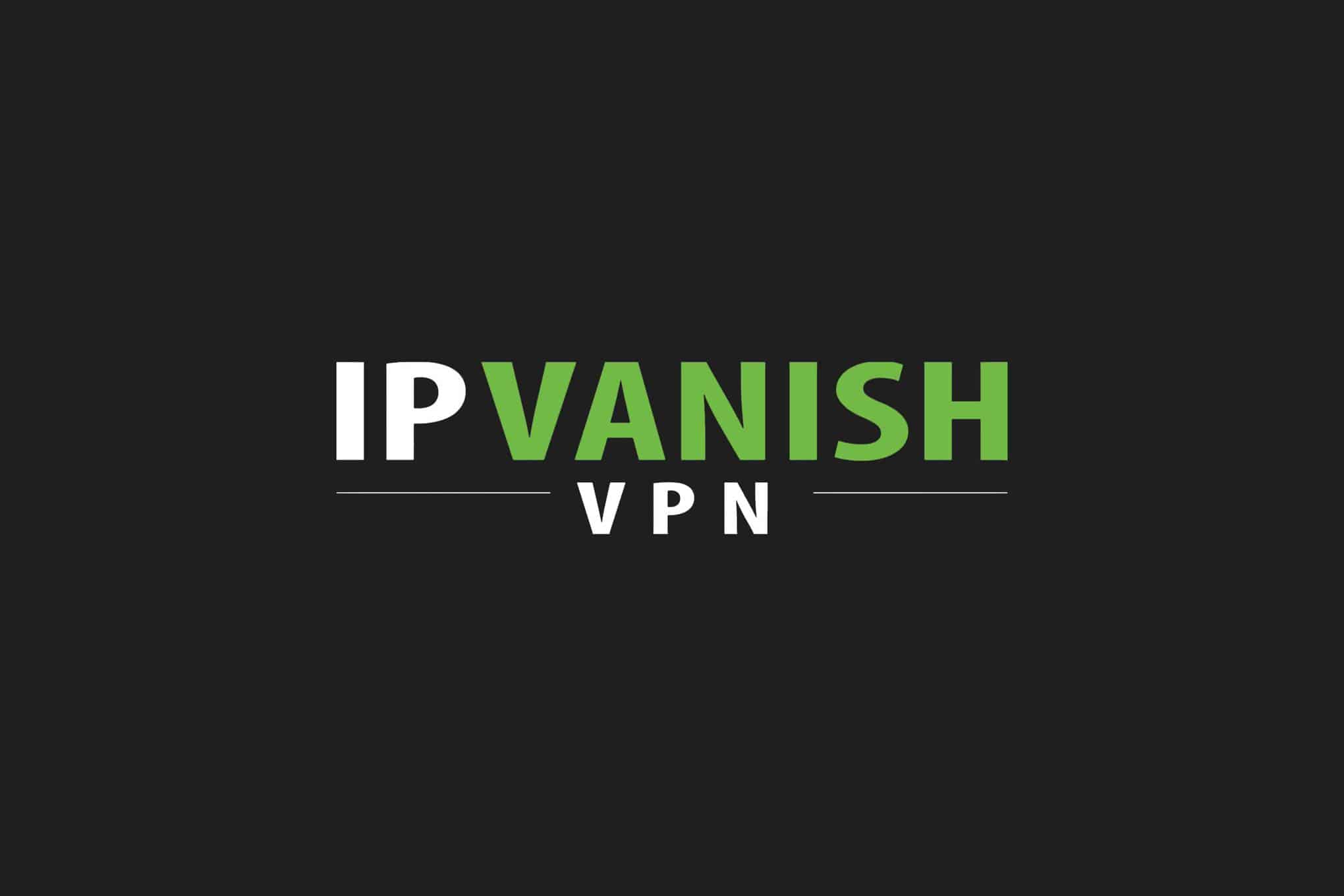
VPNs are sought after because of their ability to obfuscate real location, whether to access geo-blocked services or bypass censorship or other restrictions. Virtual private networks can extend a network securely from a private location, namely home or business, across a public network so that they appear as if they are linked directly. Overall, the global managed VPN market is expected to explode over the course of the next few years to become a multi-billion dollar industry. Global Managed VPN Market: Market Potential Large, medium, and small enterprises across sectors such as government and public utilities, IT and telecom, healthcare, retail, manufacturing, and banking, financial services, and insurance (BFSI) are driving up demand for managed VPN. Depending upon connectivity, the market can be divided into remote access and site-to-site. Technology-wise, the key segments are tunneling, encryption, Multiprotocol Label Switching (MPLS), and others. The managed virtual private network (VPN) can be deployed as on-premise or on cloud. One drawback hindering market growth, on the downside, is the lack of standardization of VPN and other data protection issues. In addition, demand from end-users too is expected to propel the market as well. Majorly serving to drive demand for managed VPN is the surge in the cyber-attacks and growing demand for cloud-based security solutions. VPN users are required to follow various authentication methods such as tokens, passwords, and other unique identification methods to gain access to the secured network. To bring about safety, in a VPN data is carried through secure tunnels. The VPN technology was primarily developed to enable remote users and branch offices to access corporate applications and other resources in a secure manner. Virtual private network (VPN) refers to a communication network which is secure on account of the usage of certain technologies which facilitate safe and encrypted connection in a less secure network, namely the internet. Furthermore, the adoption of MPLS-based VPN services also help businesses meet stringent latency requirements by leveraging on the potential of end-to-end quality of service (QoS). MPLS-based managed service providers must take care of a part or the entire needs of enterprises including but not limited to installation and provisioning of network equipment, network security, and support of network transport.

Some of the compelling benefits supporting this shift are a flexibility migration strategy, better connectivity options for corporates, advanced service offerings, and multiservice traffic.

In recent years, the market has seen the demand for multiprotocol label switching (MPLS)-based VPN services. The adoption of managed VPN services provides a marked thrust to BYOD policies in companies seeking agility. The rising number of mobile devices and the wide traction that BYOD has received in recent years need end-to-end networking solutions to support a wide array of devices.
#Vpn ipvanish with plex software
Software updates and policy compliance concerns are well taken care of by the provider of managed VPN service. Managed VPN offers a secure and scalable network connectivity with a single point of administration that enabled businesses to scale up or down depending on their organizational needs.

As enterprises increasingly use public internet to connect to the cloud network in various regions, the demand for such solutions gets intensified for securing of the network from attackers. Managed services allow businesses the peace of mind as they don’t need to worry about the upfront cost in setting private lines or the huge expense in buying VPN equipment. This has resulted in a staggering rise in the use of end-point devices.

Managed virtual private network (VPN) serves the need for connecting remote branches and the multiple business locations of a company. A rise in business agility in various industries has led to an unprecedented rise in network access thereby making the networking needs more complex.


 0 kommentar(er)
0 kommentar(er)
